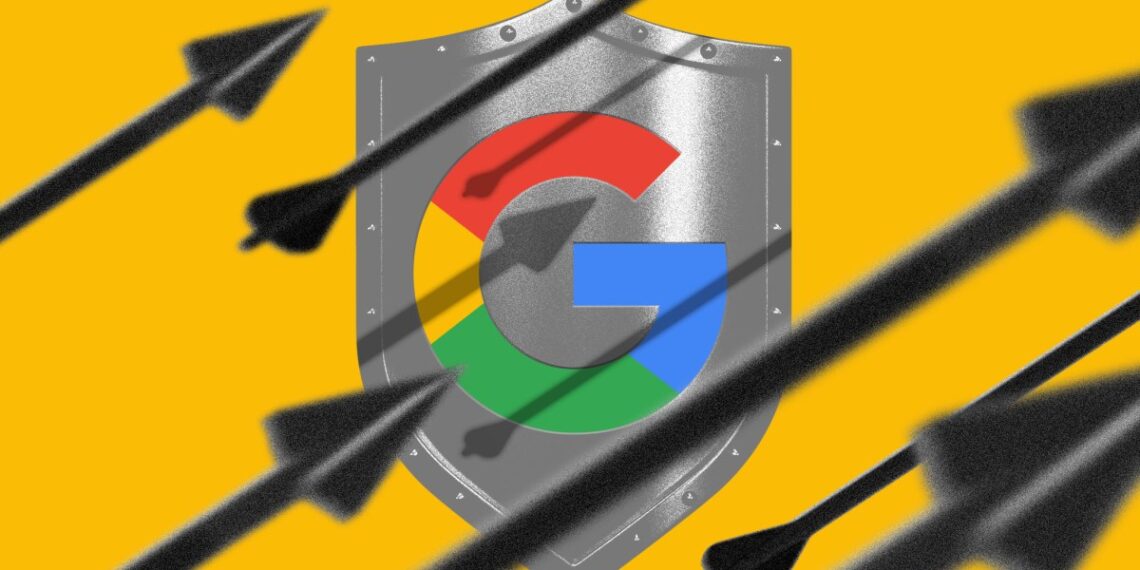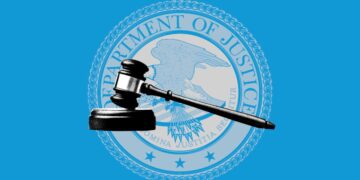4. For a period of three years ending on November 1, 2027, Google may not share revenue generated by the Google Play Store with any person or entity that distributes Android apps, or has stated that it will launch or is considering launching an Android app distribution platform or store.
5. For a period of three years ending on November 1, 2027, Google may not condition a payment, revenue share, or access to any Google product or service, on an agreement by an app developer to launch an app first or exclusively in the Google Play Store.
6. For a period of three years ending on November 1, 2027, Google may not condition a payment, revenue share, or access to any Google product or service, on an agreement by an app developer not to launch on a third-party Android app distribution platform or store a version of an app that includes features not available in, or is otherwise different from, the version of the app offered on the Google Play Store.
7. For a period of three years ending on November 1, 2027, Google may not condition a payment, revenue share, or access to any Google product or service, on an agreement with an original equipment manufacturer (OEM) or carrier to preinstall the Google Play Store on any specific location on an Android device.
9. For a period of three years ending on November 1, 2027, Google may not require the use of Google Play Billing in apps distributed on the Google Play Store, or prohibit the use of in-app payment methods other than Google Play Billing. Google may not prohibit a developer from communicating with users about the availability of a payment method other than Google Play Billing. Google may not require a developer to set a price based on whether Google Play Billing is used.
10. For a period of three years ending on November 1, 2027, Google may not prohibit a developer from communicating with users about the availability or pricing of an app outside the Google Play Store, and may not prohibit a developer from providing a link to download the app outside the Google Play Store.
13. Within thirty days of the date of this order, the parties will recommend to the Court a three-person Technical Committee. Epic and Google will each select one member of the Technical Committee, and those two members will select the third member. After appointment by the Court, the Technical Committee will review disputes or issues relating to the technology and processes required by the preceding provisions. If the Technical Committee cannot resolve a dispute or issue, a party may ask the Court for a resolution. The Technical Committee may not extend any deadline set in this order, but may recommend that the Court accept or deny a request to extend. Each party will bear the cost of compensating their respective party-designated committee member for their work on the committee. The third member’s fees will be paid by the parties in equal share.
Read the full article here








